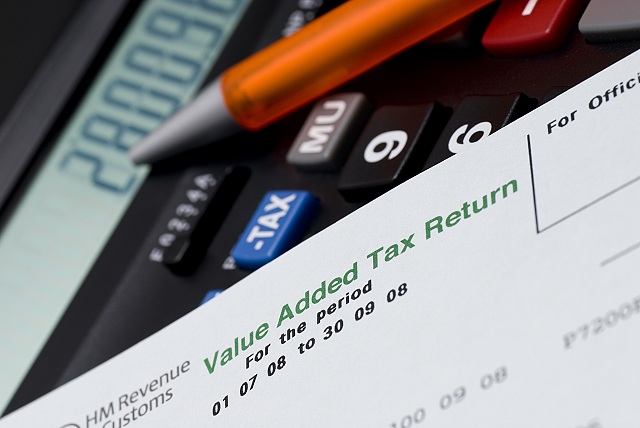There are a lot of crucial factors to consider when it comes to business. Taxes are a particularly daunting aspect, especially for first-time entrepreneurs. The primary issue that you should aim to avoid is paying our taxes late since you’ll be getting into legal troubles and incurring monetary penalties, says Fusion Accountants.
Besides corporate and income tax obligations, business owners have to be mindful of their value-added tax (VAT) dues. This rate is charged for different goods and services, and should be paid to Her Majesty’s Revenue and Customs (HMRC). The standard rate is 20% for most goods and services. There’s also a reduced rate of 5%, which is charged for some products, such as home energy and children’s car seats. Food and children’s clothes, however, are VAT-exempt.

Again, you have to be heedful about your VAT bill and make sure to pay it on time. Here are some tips to help you:
Table of Contents
1. Know The Deadlines
The first thing you should do is to be aware of the deadlines. Typically, most businesses that registered for VAT submit their files and payments quarterly to the HMRC.
You should know the different deadlines based on the schedule and accounting scheme your business adopts. For instance, the annual accounting scheme would entail making payments in advance based on your last return. For newly-VAT-registered businesses, you’d need to pay an estimate. You must also submit one VAT return annually.
You ought to consider the time when your payments will be credited to the HMRC as well. Online or phone banking and the Clearing House Automated Payments System (CHAPS) are the fastest, with same- or next-day completion. Direct debit, Bankers Automated Clearing Services (BACS), standing order, and debit or corporate credit card payments take three working days for the funds to reach the HMRC.
2. Consider Alternative Funding Sources
While it’s prudent to always have extra money in your business bank account for VAT payments, there are times when you need to borrow from that fun, especially for emergencies. You never know when these urgent situations will happen, so it’s wise to find alternative funding sources.
VAT loans are a viable option for businesses that are facing a looming deadline for their taxes, but fall short on their budget. Although this would, still, be a liability on your end, it helps you avoid costly penalties that the HRMC can impose for late VAT payments.
Once you receive the funds, you should direct these toward paying your legal dues. One of the significant appeals of a loan is that you can opt for fixed monthly payments. This arrangement makes it easier for you to include the repayments in your regular budget until you’ve finished paying off the debt.
3. Stay On Top Of Your Cash Flow
If you don’t want to take out a loan, however, you should allocate money for VAT payments. To accomplish this goal, you should stay on top of your cash flow to be sure that the profits coming in are used appropriately.
A straightforward approach is to save money for VAT payments monthly instead of paying it in bulk at the end of each quarter. Calculate your net VAT liability for each month and transfer the funds to a separate high-interest account from the one you usually use. This way, you won’t be tempted to dip your hands into the pool for contingencies, and actually save enough for quarterly VAT payments.
4. Check Your Product Prices
If you find that you’re always coming up short when it comes to paying your taxes, you might want to recalculate your product price. Aside from considering the cost of your supplies, you should also incorporate the appropriate VAT rate for your goods and services. This way, you can ensure that you charge the right price.
5. Find The Right VAT Scheme
There’s quite a number of methods to pay VAT. You should be aware of the different approaches to make the most of the returns. The standard method involves recording all of the VAT paid and charged, and, then remitting them quarterly. For the annual scheme, you’ll pay the owed estimates every three months.
There’s also the flat rate VAT scheme wherein you pay a percentage of your turnover for the tax liabilities. Lastly, the cash accounting method entails paying tax on sales and reclaiming VAT on purchases from suppliers.
Conclusion
VAT is a crucial aspect of business that every entrepreneur must be familiar with. You should be mindful of the deadlines and ensure that you pay on-time to avoid legal troubles, as well as monetary penalties. Follow these tips to help you stay on track with your tax payments.



